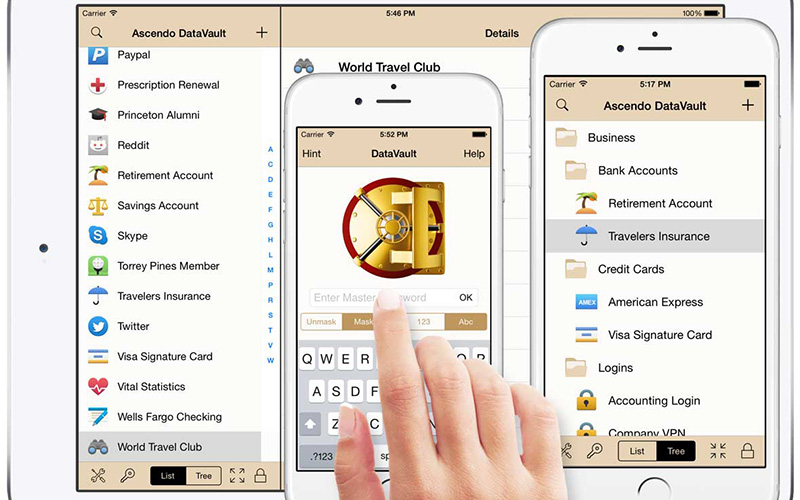Complete Guide About Product Management Process

Guide About Product Management Process will be discussed in this article. A procedure called “product management” aids in overseeing the goods that a business sells to clients. Planning, designing, producing, testing, and launching products are all part of it.
Complete Guide About Product Management Process
In this article, you can know about Guide About Product Management Process here are the details below;
What Is Product Management?
The process of creating, producing, and overseeing a product is known as product management. It’s a cross-functional position that calls for cooperation and coordination between members of the product development team and other organizational departments. Product managers are accountable for developing a product that satisfies the end user’s needs, the business’s goals and objectives, and the organization’s financial constraints.
A bachelor’s degree in engineering, business, or a similar discipline is usually required for product managers. Usually, they have worked in one or more of the product development disciplines (engineering, design, marketing, or customer service). They must possess a deep comprehension of the aims and objectives of the company in addition to great communication and problem-solving abilities.
Product management essential function in any business. It is in charge of making sure that goods satisfy both financial objectives and consumer needs. Product managers are in charge of developing goods that are marketable to consumers and ensuring that they adhere to legal and regulatory criteria.
What is the Product Management Process?
A four-step method called the Product Management method aids in the creation, prioritization, design, and management of products by managers and product owners. It can be applied to the develop new products or enhance the application of already-existing ones.
The Product Management Process consists of five steps:
Defining the problem:
The product manager defines the issue that has to be resolved in step one. Because it necessitates an awareness of both the business and client needs, this work can be challenging.
Questioning the problem:
The product manager needs to do this after the issue has been recognized. This involves looking into the characteristics and trends that new features may attract clients as well as how they now use items.
Establishing objectives:
After the problem identified, goals must be set in order to address it. These objectives ought to be both flexible enough to accommodate adjustments as the team makes progress and specific enough for everyone on the team to know what they are aiming for.
Defining a solution:
The product manager creates a solution in step three that satisfies the needs of the business and the client. This entails thinking about the qualities the product will have and the method of client delivery.
Implementing the solution:
Step four: The product manager puts the solution into practice by creating a strategy for how it will be supplied to clients. This include deciding who will design it, how to implement it, and when to launch it.
Creating a feedback loop
Step five involves the product manager monitoring the solution’s performance and getting customer input to ensure it is meeting expectations. This makes it easier to make adjustments as needed and guarantees that goals are being reached.
Types Of Product Management Roles
Product teams use product management as a strategic tool to help them accomplish their objectives. The ideal product management position for you will rely on your qualifications, work history, and the demands of your organization. There are numerous varieties of these positions. A few examples of typical product management positions are as follows:
- Product Owner: The product owner is in charge of outlining and overseeing the goals, specifications, and vision for the product. Along with working with the rest of the team to ensure that products live up to client expectations, they help develop and rank product features.
- Product Manager: A product manager is in charge of overseeing a team of developers and making sure that goods are supplied according to schedule, on budget, and in accordance with client requirements. They also assist in defining the product roadmap and monitoring the advancement of these objectives.
- Quality Manager: By making sure that products are developed in accordance with established quality standards, a quality manager helps guarantee that they live up to client expectations. They might also collaborate with groups to create plans for cutting down on errors or enhancing workflow.
- Software Development Manager – A manager of software development is in charge of supervising a team’s software product development. They might also work on developing or overseeing quality assurance procedures, requirements collection, and project scheduling.
5 skills to excel in product management
A wide range of competencies is necessary to succeed in the field of product management. Nonetheless, the following five are the most significant ones:
1. Excellent communication and collaboration skills
Success in product management requires the ability to communicate clearly with stakeholders, clients, and other team members. Being able to comprehend one another’s objectives and be on the same page are prerequisites for working as a team.
2. Strong analytical skills
Product managers must possess the ability to swiftly analyze data and determine the state of the product. Process and analysis of this data are required to make decisions regarding the best course of action. Also check seo tools
3. Proactivity
A competent product manager is constantly searching for fresh approaches to enhance the offering or business overall. They are continuously planning ahead and generating fresh concepts for improving things.
4. Leadership skills
You’ll need to be able to guide your group and assume command when called upon as a product manager. It will be necessary for you to be able to provide constructive criticism and set clear expectations. Also check backlink tools
5. Excellent problem solving skills
A competent product manager will able to identify a workable solution for any issue. They always search for methods to make things better and don’t hesitate to attempt new things.
FAQ
How do you choose the right technology for your products, and why is it important to know what you’re looking for before committing to a certain solution?
One of the most critical components of every organization is technology, and selecting the appropriate technology is essential to success. The following considerations should be made while selecting the appropriate technology for your products:
- Think about your target audience. Who is your target audience? Which kind of phone do they prefer—bulky, large, or thin, light? Having this knowledge will make selecting the ideal phone or tablet for your product much simpler.
- Establish what kind of technology your product requires. Is a basic online store sufficient, or do you also require a website that can manage large levels of traffic? Knowing this will make it much simpler for you to select the appropriate technology for your requirements.
- Take into account the cost of technology – Before making a purchase, be sure to understand the cost of the device as it is not inexpensive. Spending more money on technology than is necessary is something you want to avoid.
- Verify that your technology and website are compatible – If you intend to sell your goods online, be sure that your website and technology are compatible. Customers won’t encounter any difficulties trying to purchase your product in this method.
What are some common traits that all good product managers have?
The characteristics that make a person an effective product manager can differ based on the product and the industry, hence there is no one correct answer to this question. That being said, creative problem-solving, multitasking, attention to detail, and a keen sense of intuition are some of the qualities that are frequently linked to high-achieving product managers.
Develop these abilities if you’re interested in working as a product manager because success in the field depends on it. Having previous expertise in marketing or product management will also be beneficial. To put it succinctly, both technical know-how and strategic thought are necessary for effective product management.




